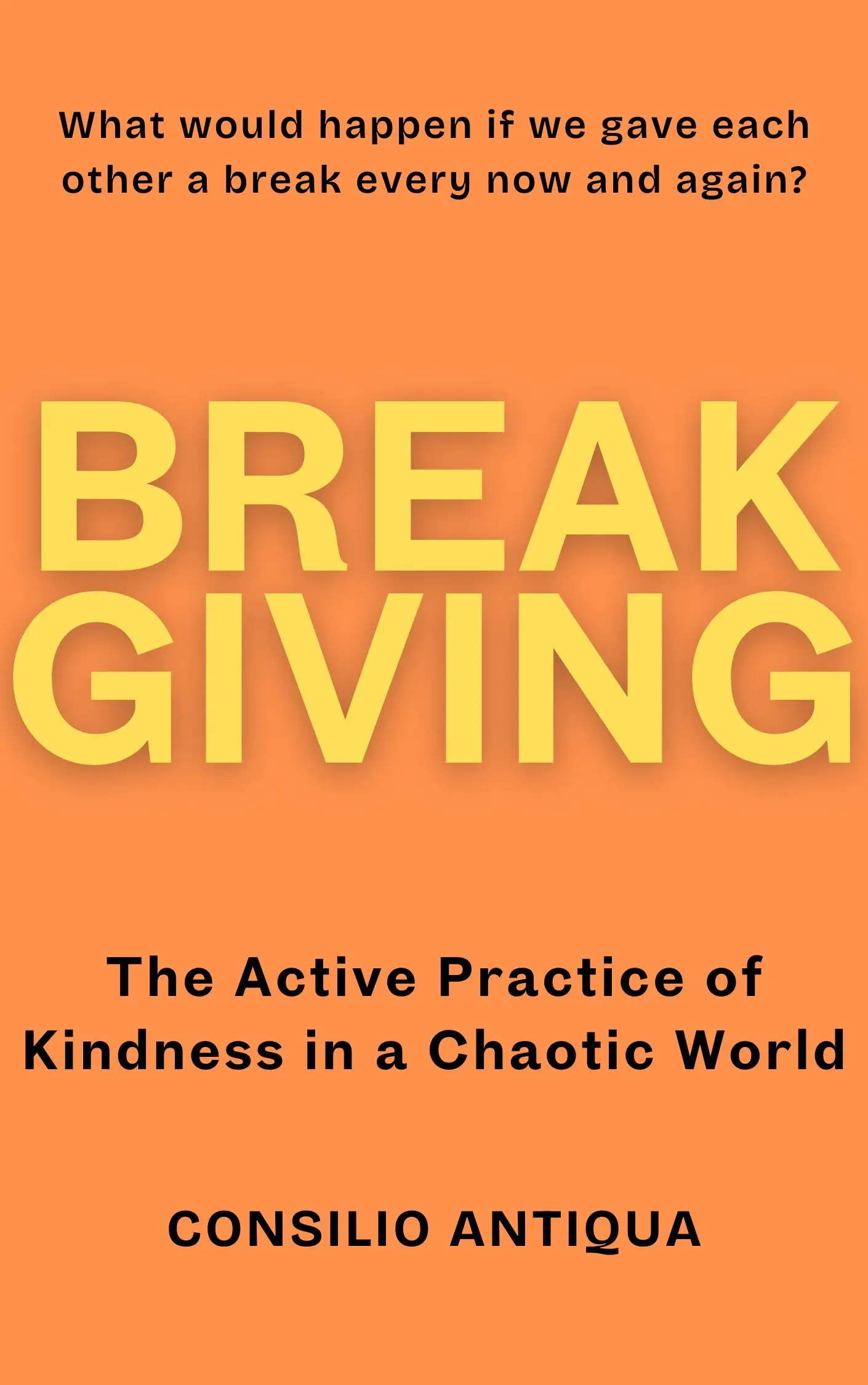
Breakgiving | Chapter Biography: Ruth Bader Ginsburg
Chapter Biography: Ruth Bader Ginsburg
In the tapestry of American history, Ruth Bader Ginsburg stands as a beacon of justice, a gentle dissenter who wielded the power of empathy and understanding in a world often defined by sharp divisions. Her life, a testament to unwavering conviction and a profound belief in human dignity, serves as a powerful illustration of Breakgiving—a practice of extending kindness, compassion, and grace in a world that desperately needs it. Her legacy extends beyond landmark legal victories; it whispers of the transformative power of quiet courage, patient dialogue, and the willingness to see the humanity in those who hold differing views.
From her early years, Ginsburg's path was etched with a quiet determination that would later define her judicial philosophy. She navigated the rigid structures of a male-dominated legal field, encountering subtle biases that sought to confine her ambitions. Yet, she persisted. Her keen intellect, fueled by a deep-seated sense of fairness, pushed her to challenge the very foundation of inequality, brick by brick, argument by argument. She understood that the fight for justice required not just legal prowess but a profound capacity for empathy. Ginsburg saw beyond the surface of societal norms, recognizing the fear and insecurity that often underpinned discriminatory practices. In this way, she embodies the Breakgiving principle of understanding root causes of conflict, recognizing that many societal problems stem from fear of the unknown and the desire for simplistic solutions.
Her journey as a lawyer and later as a Supreme Court Justice was marked by a profound understanding of the complexities of human relationships. Instead of resorting to combative rhetoric, she chose to build bridges of understanding. She cultivated friendships with colleagues who held opposing viewpoints, engaging in thoughtful discussions that sought to find common ground. It was a practice she honed over decades, demonstrating that meaningful change often comes not from confrontation but from patient dialogue and a willingness to see the other side. Her friendship with Antonin Scalia, a conservative justice with whom she profoundly disagreed on many issues, stands as a powerful example. Despite their differences, they shared a deep respect for each other, engaging in lively debates that showcased the possibility of respectful disagreement. In this, we see the Breakgiving principle of navigating cultural and ideological differences. It’s a reminder that tolerating differences doesn’t necessitate the abandonment of one’s own values. Instead, it requires a willingness to respect the experiences and perspectives of others.
Ginsburg's judicial philosophy was not a rigid ideology but a garden patiently cultivated with seeds of equality and compassion. Her legal arguments, like carefully crafted tapestries, sought to weave together threads of justice and human dignity. She understood that equality was not a monolithic concept but a nuanced tapestry that embraced the diversity of human experience. In her work, we see the Breakgiving principle of acknowledging the complexity and nuance in human relationships. We are not simple beings guided by easily defined motives. Every person carries a unique story, a set of experiences that shape their worldview. To truly understand another, we must embrace this complexity, rather than seeking oversimplified answers or solutions.
Her fight for gender equality was not a battle fought with anger but with a quiet, unwavering resolve. She understood that the path to justice required both individual action and systemic change. Her work on behalf of women and marginalized communities exemplified the Breakgiving principle of balancing individual and collective responsibility. It was a practice she embodied through her own choices and through her tireless advocacy for policies that fostered a more equitable society. She recognized that true change requires a collective effort, a willingness to challenge systems that perpetuate injustice and to create opportunities for those who have been historically excluded.
In a fractured world, Ginsburg's legacy serves as a potent reminder of the quiet power of Breakgiving. It reminds us that the path to a more just and compassionate society is not paved with harsh words or divisive pronouncements but with the quiet strength of empathy, understanding, and the willingness to offer grace even in the face of disagreement. It’s a reminder that we can disagree without being disagreeable. We can hold firm to our principles while recognizing that others, too, have their own stories, their own reasons for believing what they believe. Ginsburg's life, a symphony of quiet strength and unwavering conviction, compels us to ask ourselves: How can we extend a break, a moment of grace, to those whose perspectives challenge our own? Can we find common ground in the shared human experience, recognizing the inherent dignity in all individuals? Can we create a world where differences are not seen as threats but as opportunities for growth and understanding?
Ginsburg’s life invites us to contemplate these questions. It compels us to examine our own interactions—personal and professional—and to reflect on how we can better embody the principles of Breakgiving. It is a call to action, a gentle invitation to cultivate empathy, to practice patience, and to find the courage to build bridges of understanding across differences. It is a reminder that even in the face of deep divides, there is always room for a gentle dissent, a moment of grace, a space for understanding to blossom. Perhaps, in this quiet space, we can find the seeds of a more compassionate and just world.
